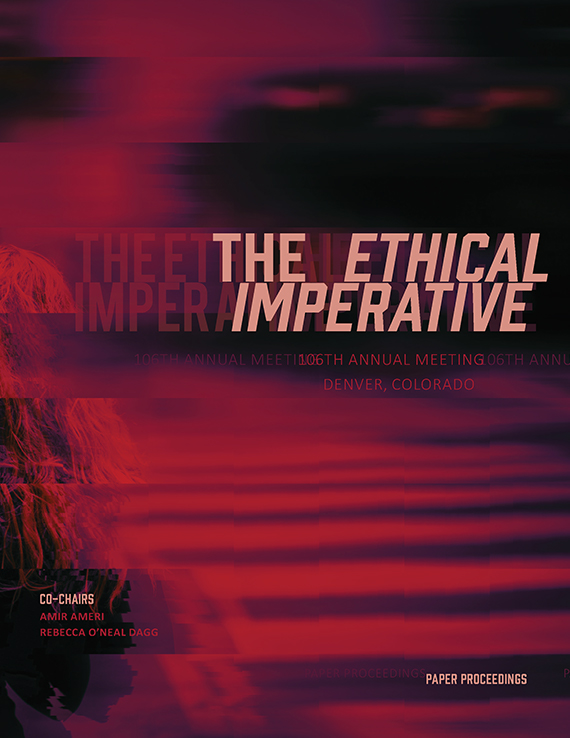Author(s): Faysal Tabbarah & Ibrahim Ibrahim
This project presents an ongoing body of work that aims to disrupt tendencies within computationally design practices as well as highly standardized modes of sustainable design production. The project adopts a painterly attitude and workflow towards digital and material computation. In Swiss art historian Heinrich Wolfflin’s seminal work, Principles of Art History: The Problem of the Development of Style in Later Art, he describes a radical shift in the development of European representational art styles between the Late-Renaissance and the Baroque. Specifically, he describes a conceptual and material shift from the linear to the painterly. Wolfflin’s definition of the painterly, emerging in the early Baroque, alludes to ideas of limitlessness and merging, standing in direct opposition to the tangibility and solidity of the Late Renaissance linear style. Wolfflin describes the painterly as limitless, receding, open, lacking in linear hierarchy (ambiguous part-to-whole relationships),and finally of relative clarity, in comparison to the absolute clarity found in Late-Renaissance art (Wolfflin 1915). Thus, this ongoing body of work looks at the radical shift from the linear to the painterly within the context of computational design methodologies and digital fabrication.
Volume Editors
Amir Ameri & Rebecca O'Neal Dagg
ISBN
978-1-944214-14-2

 Study Architecture
Study Architecture  ProPEL
ProPEL 
